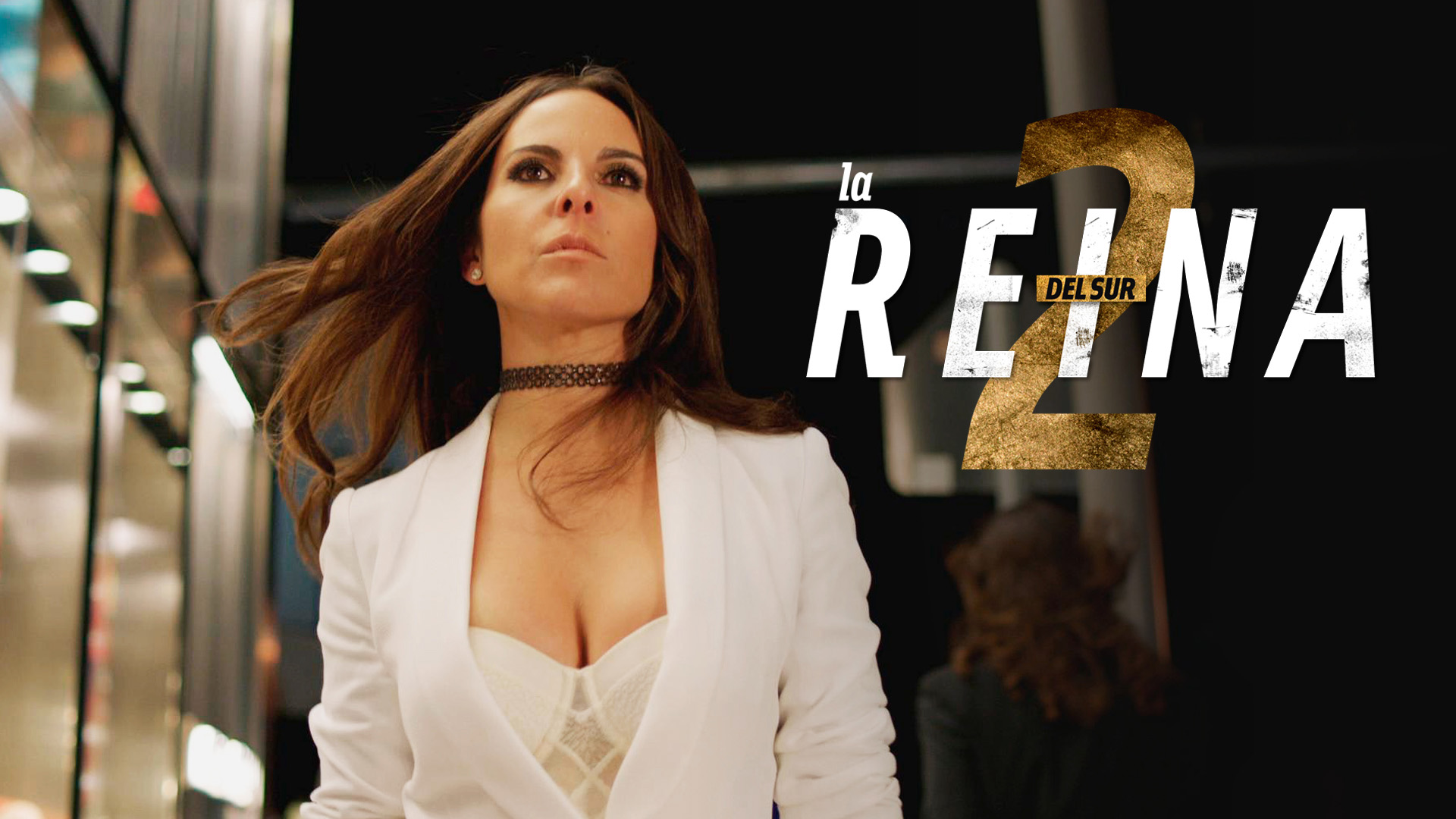5 ways La Reina del Sur is based on real stories
Explore the real stories and characters La Reina del Sur is based on, distinguishing the facts from fiction in this popular series.

- La Reina del Sur is based on true stories.
- Find out how the popular show blends fact and fiction.
- What makes this telenovela so gripping?
La Reina del Sur, a gripping telenovela and later adapted into a television series, has captivated audiences with its dramatic portrayal of Teresa Mendoza and her rise in the world of drug trafficking.
While the story is primarily a work of fiction, it draws inspiration from real events and figures in the complex and dangerous world of narcotics.
We look at what La Reina del Sur is based on, separating the elements of pure fiction from those rooted in reality.
By exploring the true stories and characters that inspired this popular series, for a deeper understanding of the line between artistic storytelling and the harsh truths of the criminal underworld.
1. La Reina del Sur is based on real-life figures

La Reina del Sur takes inspiration from real-life figures in the drug trafficking world, though the main character, Teresa Mendoza, is a fictional creation.
The series echoes the lives of several notorious female figures in the drug trade, known for their ruthless leadership and strategic acumen.
These real-life counterparts have led complex lives, often marked by violence, power struggles, and law enforcement pursuits, similar to the fictional Teresa’s journey.
The character of Teresa Mendoza can be seen as a composite portrayal, reflecting various women who have made their mark in the male-dominated world of drug trafficking.
2. The portrayal of drug trafficking

The depiction of drug trafficking in La Reina del Sur aligns with some realities of the narcotics trade, such as the emphasis on loyalty, betrayal, and the constant threat of violence.
However, the series often dramatizes these elements for entertainment value, creating a more sensationalized version of the drug world.
The intricate operations, power dynamics and the involvement of law enforcement agencies shown in the series do mirror some aspects of real-life drug cartels.
While the show captures the essence of the drug trade’s danger and complexity, it should be noted that certain scenarios are amplified or altered for dramatic effect.
3. Cultural impact and public perception

La Reina del Sur has had a significant cultural impact, influencing public perception of the drug trade and the role of women within it.
The series has brought attention to the often-overlooked participation of women in these criminal networks, albeit through a fictional narrative.
Its popularity has sparked discussions about the glamorization of the drug trade and the ethical implications of portraying such a violent and illegal world as entertainment.
The series serves as a platform for examining how media representations can shape our understanding of real-world issues and the individuals involved in them.
4. Exploring the fictional elements

While La Reina del Sur is based on the realities of the drug trade, it incorporates several fictional elements to enhance the narrative and engage viewers.
The character arcs, dramatic confrontations, and romantic subplots are often creations of the writers, aimed at adding depth and intrigue to the storyline.
These fictional elements, while not reflective of real events, contribute to the series’ appeal, blending the thrill of fiction with the rawness of reality.
Understanding these fictionalized aspects is key to appreciating La Reina del Sur as a work of dramatic storytelling rather than a documentary portrayal of the drug world.
5. The role of women in the criminal underworld

La Reina del Sur brings to light the often underrepresented role of women in the criminal underworld, challenging traditional gender roles.
The series portrays women as capable of holding positions of power and influence in a world typically dominated by men.
While the character of Teresa Mendoza is fictional, her representation reflects the real-life involvement of women in various capacities within criminal organizations.
This aspect of the series provides a platform for discussing the complex roles and challenges faced by women in such illicit and dangerous environments.
 Related post
Related post





